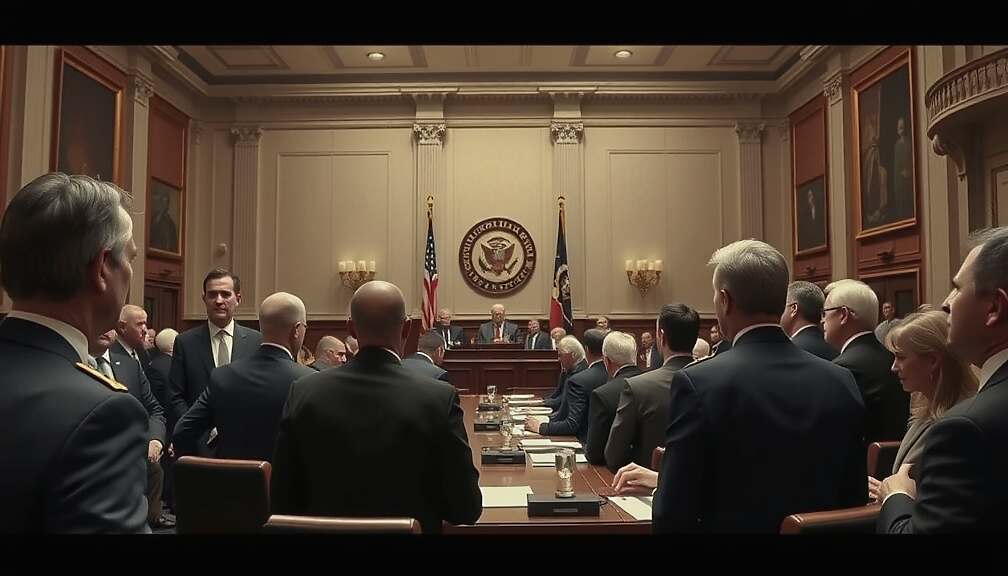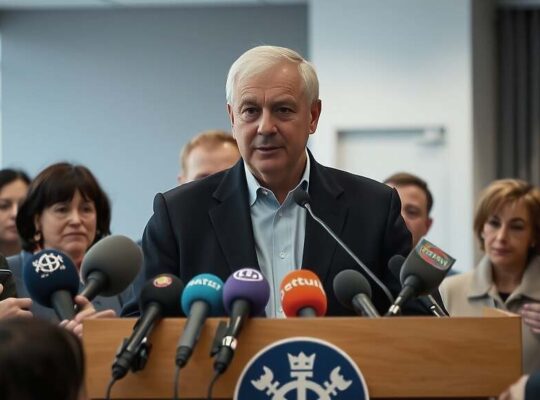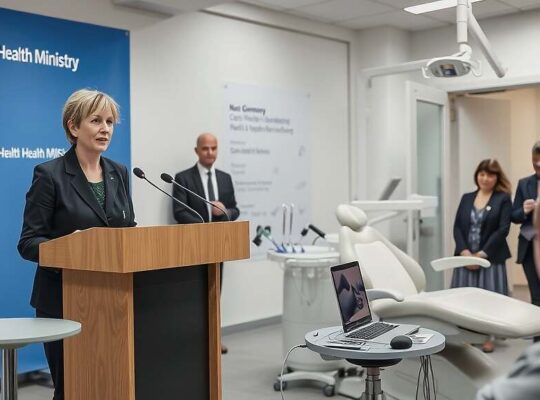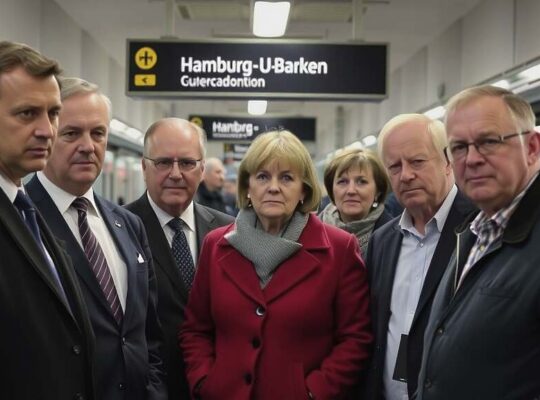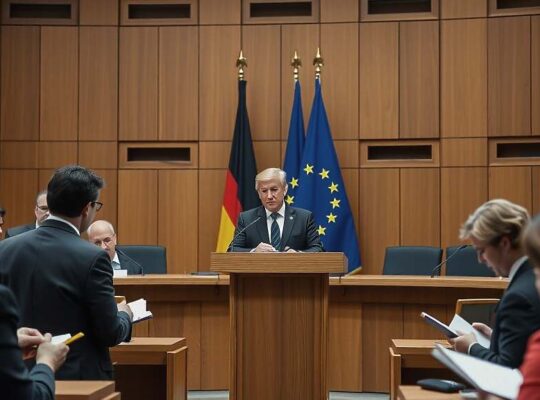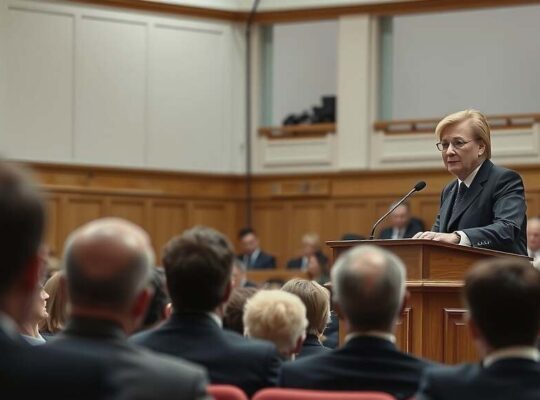The Christian Democratic Union (CDU), the largest faction within the Bundestag, is pushing for significant revisions to Defence Minister Boris Pistorius’ draft legislation on military service, signaling a potential clash within the governing coalition. Norbert Röttgen, CDU’s parliamentary group vice-chairman, emphasized that legislative power resides within parliament and that the coalition factions have been actively engaged in shaping the bill. He stated that a consensus has been reached, reflected in proposed amendments to Pistorius’ initial draft, which is expected to be finalized and adopted before the year’s end following expert hearings on November 10th.
Central to the CDU’s demands is the inclusion of clearly defined personnel targets for both active soldiers and reserves within the law. Röttgen stressed the necessity of transparency and accountability, arguing that measurable targets are crucial to assess progress in bolstering the Bundeswehr’s personnel numbers. He cautioned that the entire phased strengthening plan, painstakingly developed across the parliamentary factions, hinges on the ability to track progress against pre-determined benchmarks. “Transparency is not negotiable; it is a question of defensive capability” he insisted.
Regarding the proposed lottery system for selecting conscripts, Röttgen indicated that the CDU sees no viable alternatives. The focus, he explained, must remain on fulfilling a militarily defined need – requiring a significantly larger force than currently exists, but not an unlimited one. This necessitates a targeted selection process from a pool of hundreds of thousands of young men each year, to furnish the tens of thousands needed to maintain essential military capabilities. The lottery system, he argued, offers the most objective means to achieve this selection.
Röttgen expressed disappointment with the perceived lack of collaboration from the Defence Ministry, noting that a joint concept proposed during the summer was not embraced by Minister Pistorius. This, he contends, necessitates the current revisions and underscores a desire for more constructive engagement from the ministry.
Beyond personnel, Röttgen voiced concerns about the pace of the Bundeswehr’s broader rearmament effort. While acknowledging the availability of substantial financial resources and international recognition of these efforts, he criticized the limitations of the existing industrial base, both nationally and across Europe. He highlighted unacceptably long procurement cycles, extending well into the next decade, warning that money alone does not guarantee defensive capabilities.
He further demanded increased transparency surrounding the floundering “Digitalization of Land-Based Operations” (D-LBO) project. Röttgen presented three core demands of Minister Pistorius: ensuring the project’s ultimate success to maintain the operational readiness of the army, establishing clear lines of responsibility and effective decision-making processes within the ministry and providing the Bundestag with timely and comprehensive information – even confidential updates – in the event of problems. He affirmed the parliament’s intention to rigorously monitor the ministry’s performance, underscoring the strategic importance of the Bundeswehr’s modernization.


